It's a common assumption among marijuana users: Using weed will help you fall asleep and stay asleep. Scientists, however, aren't so sure that's true.
How to tell if it's time for a 'sleep divorce'
"This is an understudied but important area, as many people are increasingly turning to cannabis products as sleep aids," said sleep specialist Wendy Troxel, a senior behavioural scientist at RAND Corporation, who was not involved in the study.
"But we really lack solid evidence demonstrating whether cannabis helps or hurts sleep," Troxel added.
Use of weed may actually harm sleep, a new study has found. The research, published Monday in a BMJ journal, revealed adults who use weed 20 or more days during the last month were 64% more likely to sleep less than six hours a night and 76% more likely to sleep longer than nine hours a night.
Optimal sleep for adults is defined by the US Centers for Disease Control and Prevention as seven to eight hours a night.Moderate consumption -- using weed less than 20 days during the past month -- didn't create short sleep problems, but people were 47% more likely to snooze nine or more hours a night, the study also found.
Why is short and long sleep a problem?
"Large population-based studies show that both short sleep and long sleep are associated with an increased risk of heart attacks and strokes, as well as the long-term progression of things like atherosclerosis, diabetes, coronary artery disease and any of the major cardiovascular diseases," said lead study author Calvin Diep, who is resident in the department of anesthesiology and pain medicine at the University of Toronto.
Many people believe that marijuana will help with sleep, but research doesn't yet back that up.
"It seems with sleep there's kind of this 'Goldilocks phenomenon' where there's an amount that 'just right,'" Diep said.
One in three Americans don't get enough sleep, according to the CDC. In addition, 50 million to 70 million Americans struggle with sleep disorders such as sleep apnea, insomnia and restless leg syndrome, which can ruin a good night's shut-eye.
The CDC calls that a "public health problem," because disrupted sleep is associated with a higher risk of conditions including high blood pressure, weakened immune performance, weight gain, a lack of libido, mood swings, paranoia, depression, and a higher risk of diabetes, stroke, cardiovascular disease, dementia and some cancers.
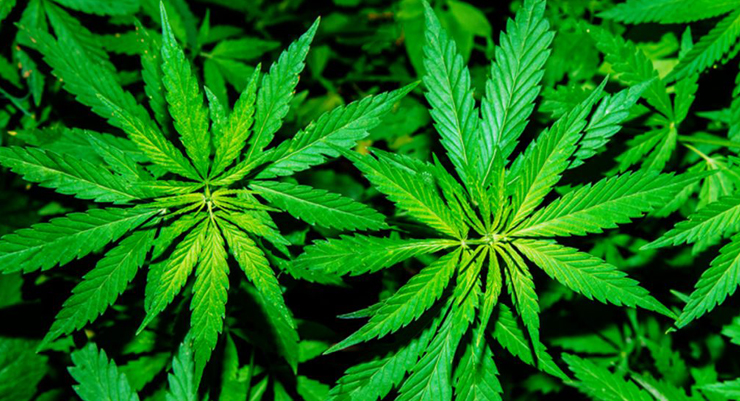
 Marijuana is not an aid to sleep, experts
Marijuana is not an aid to sleep, experts





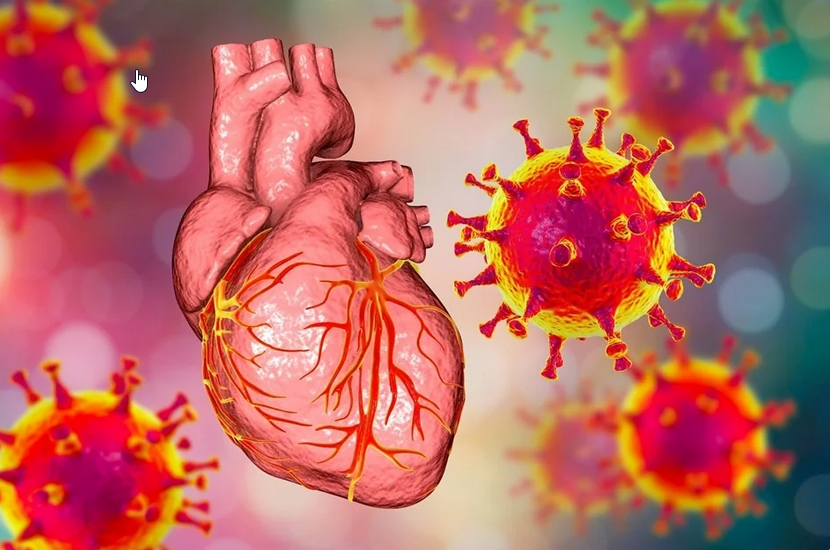

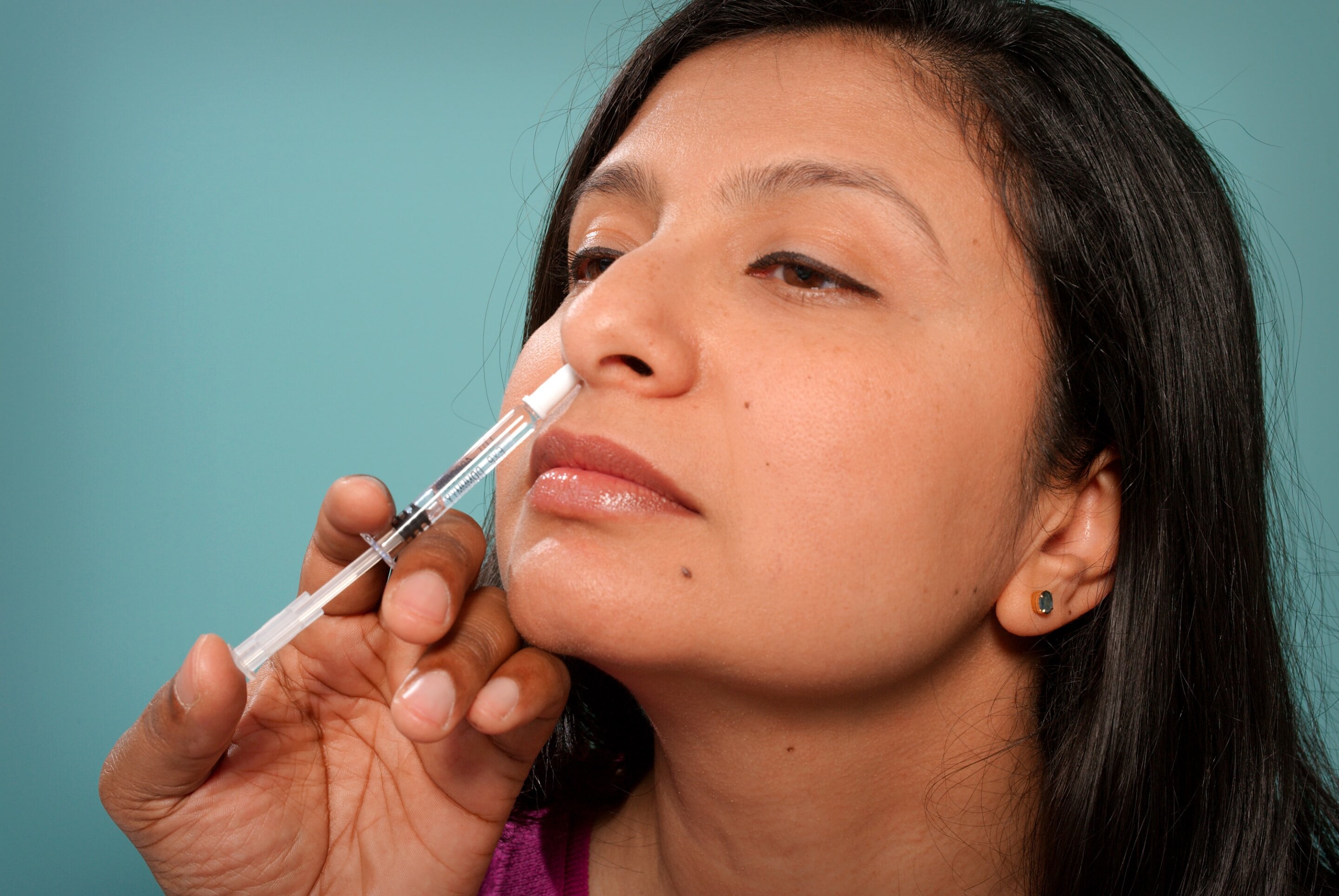
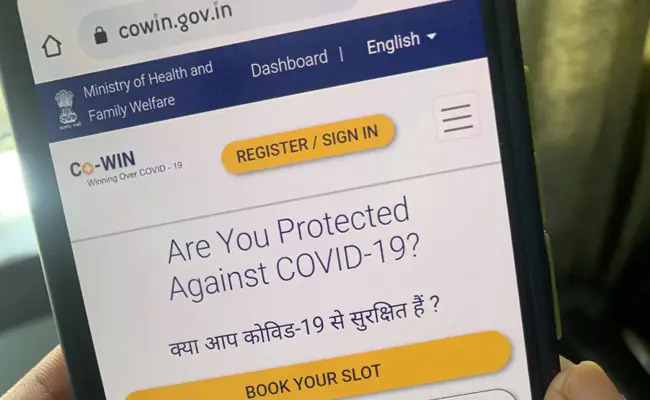
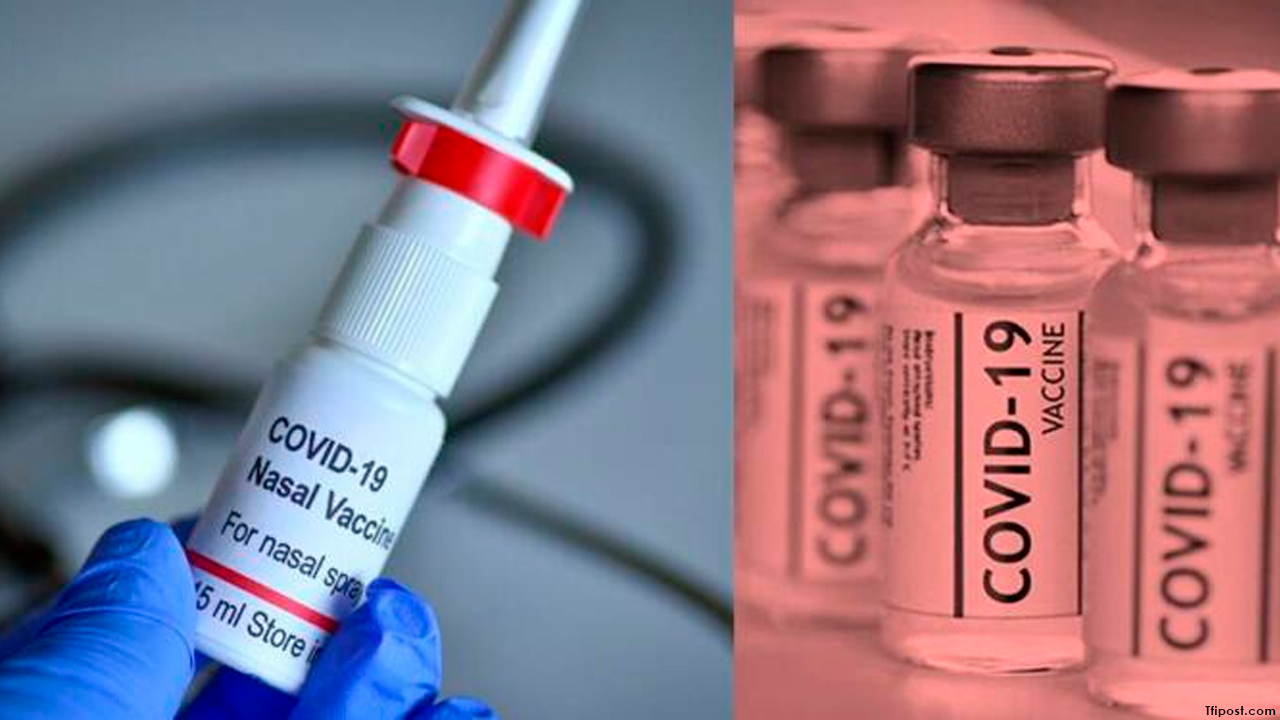
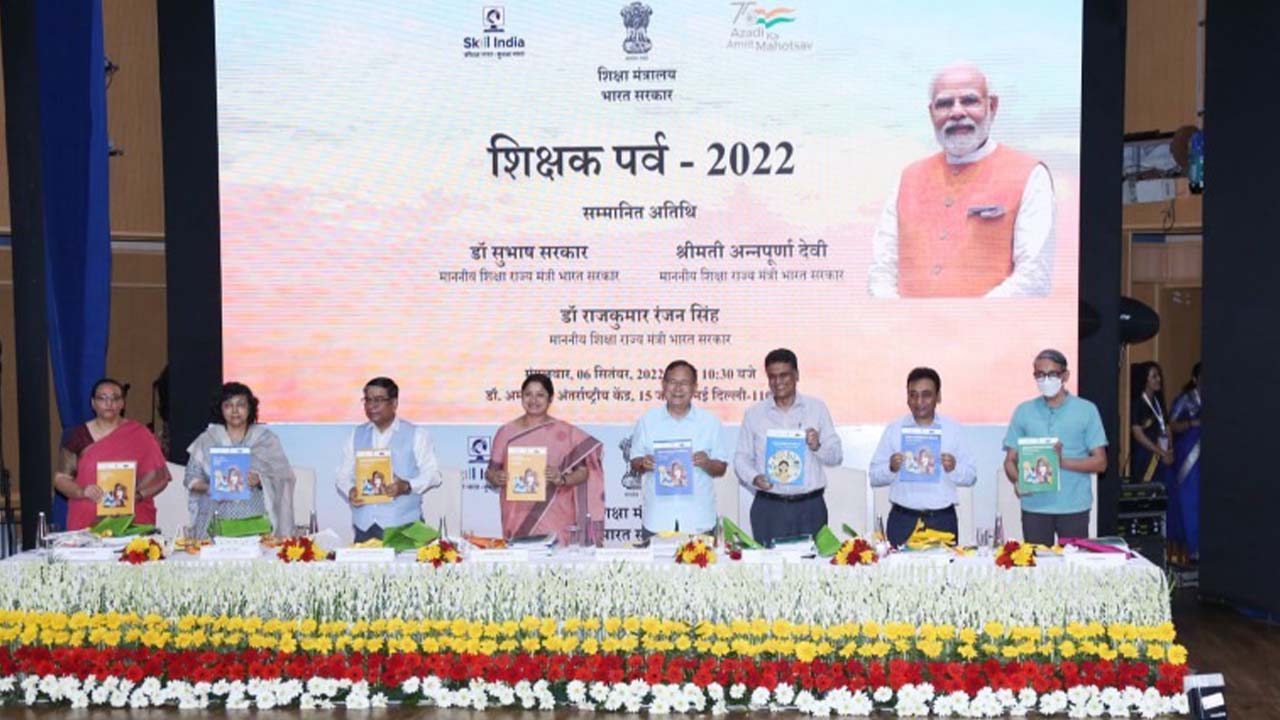








.jpeg)






.jpg)




.jpg)





.jpeg)
